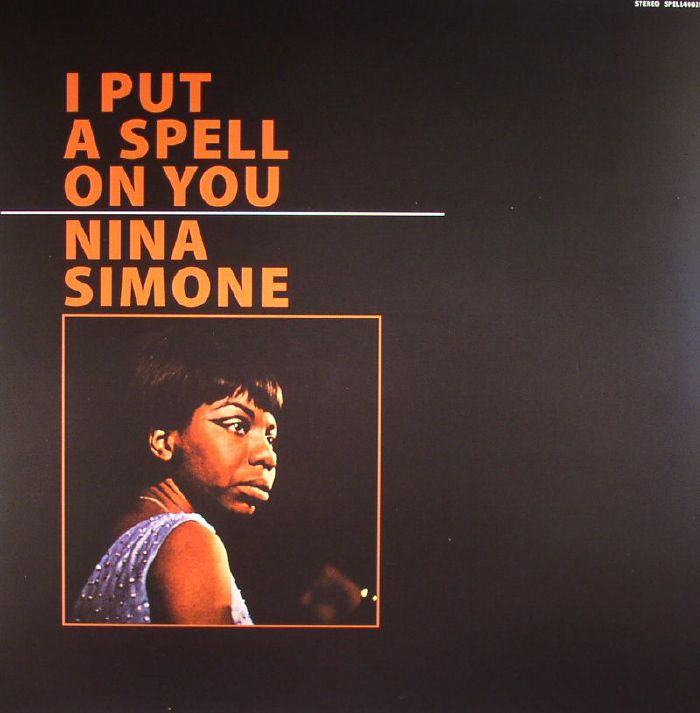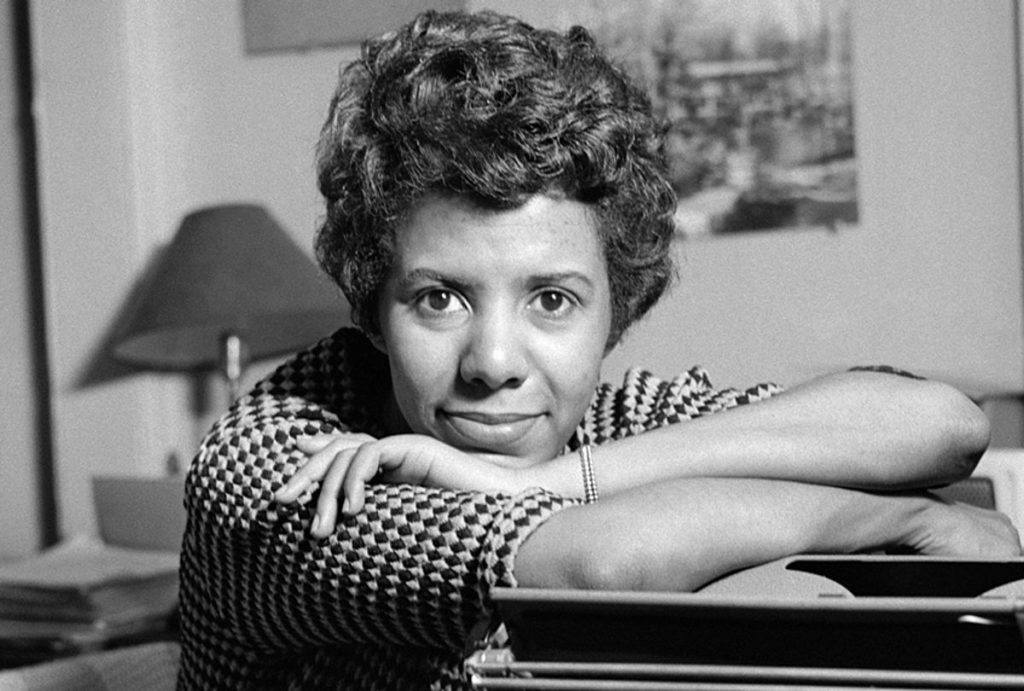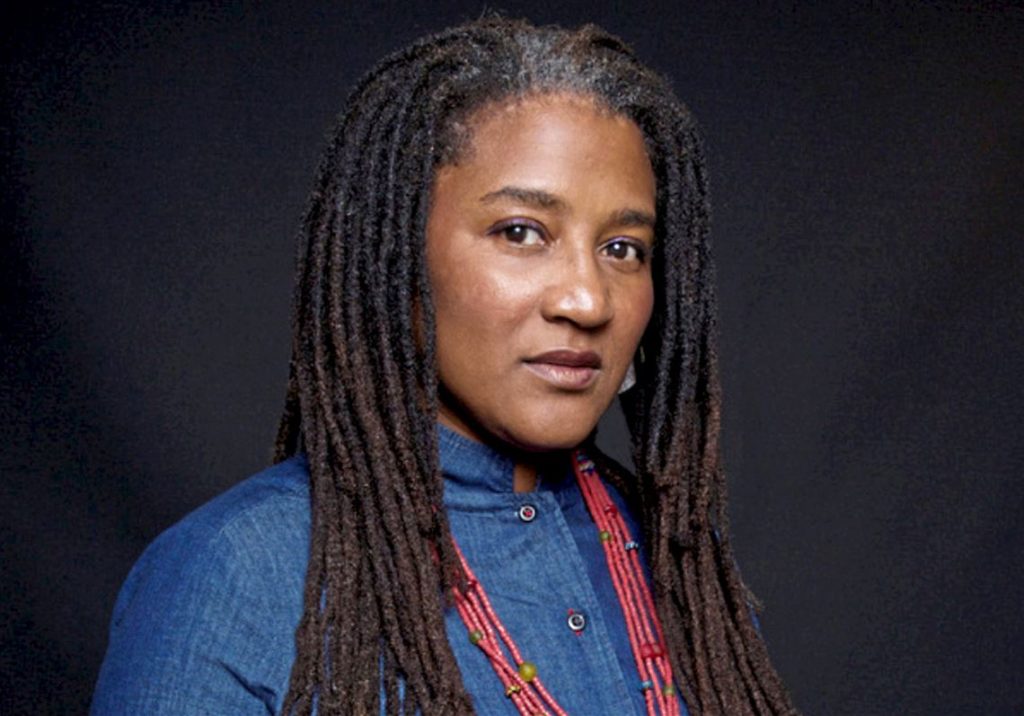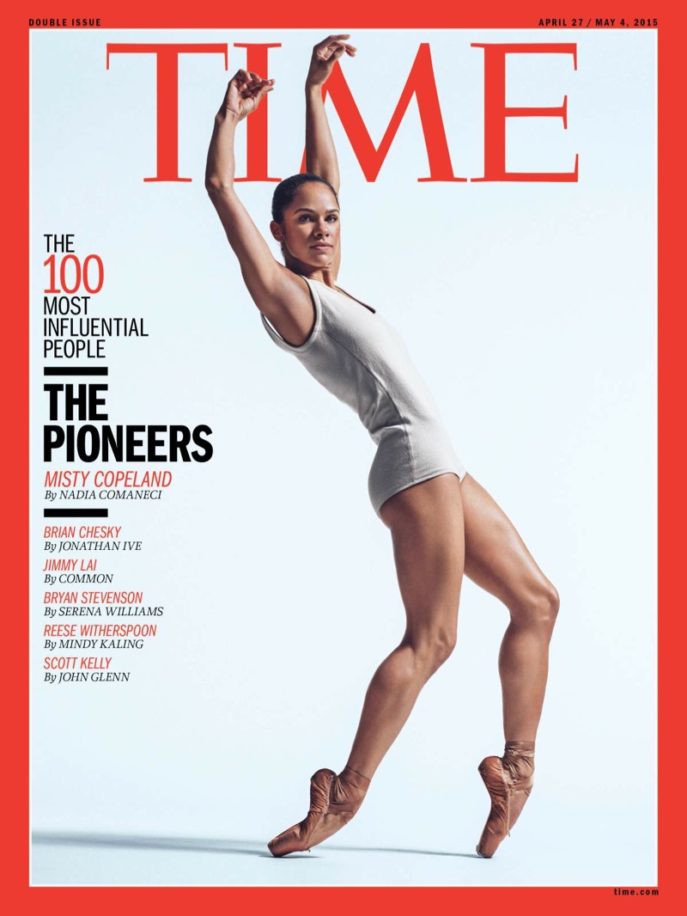As February’s Black History Month transitions into March’s Women’s History Month, it offers a moment to reflect on the remarkable contributions of Black women throughout history. The theme for Black History Month this year was “African Americans and the Arts,” and this opened the door for conversations about Black icons in various areas of the arts throughout history and in the present day.
Here at Hope College, our Center for Diversity and Inclusion gave a talk for their Diversity Lecture Series on some of the Black icons of the past and present. Dr. Sonja Trent- Brown, a psychology professor at Hope and the Vice President of CDI, gave out some great examples of leaders in different areas of the arts and their contributions. Here at the Big Read, we wanted to re-highlight some of the great Black female artists and dive into some of the ways they had some huge cultural and society impacts. Hopefully you will learn something new or even find a new source of inspiration!
Nina Simone:
Nina Simone originally wanted to be a concert pianist, and only stumbled into becoming a jazz artist when she was told she had to sing her own accompaniment at a nightclub she played for in Atlantic City. It was a good thing she did, as she went on to record more than 40 albums between 1958 and 1974.
Nina Simone was not only a gifted singer, but a strong activist as well. She often used her music as a form of protest against things like the bombing of the 16th Street Baptist Church or Jim Crow laws, and she supported the civil rights movement through both singing and speaking at meetings and marches.
Her most famous songs like “My Baby just Cares for Me,” “I Put a Spell on You,” “Sinnerman,” and “Feeling Good” are still quite relevant today and are used as samples in more modern songs or on many TV shows or movies you may have seen. Her ties to the Black community were also very important to her, and her relationship to other large artists who were making statements like Lorraine Hansberry is apparent even through her songs. Simone’s song “Young, Gifted and Black” is a direct reference to one of Hansberry’s plays.
Lorraine Hansberry:
Lorraine Hansberry, best known for her masterpiece “A Raisin in the Sun,” broke through barriers to become the first black woman to have a play produced on Broadway. Hansberry was born in Chicago to very politically active parents who encouraged her to fight against racial segregation and discrimination. The name “A Raisin in the Sun” comes from the Langston Hughes poem “Harlem” which asks what happens to a dream deferred. This play gave critical representation into the everyday lives of a Black family, and looks into struggles with poverty, racism and the struggle to pursue the American Dream. Hansberry used the play to highlight issues in redlining and to challenge the stereotypes of African Americans at the time by presenting multidimensional characters with wants and struggles that everyone could relate to in one way or another.
Lynn Nottage
On the more modern side of things, Lynn Nottage also broke records as a black woman in the performing arts. She is the only woman to have won the Pulitzer Prize for playwriting twice. She also had the unique opportunity and honor to have three of her shows playing in the same city in one night. Her plays like Ruined and Sweat help the audience to explore the complexities of race, class, and gender.
Ruined explores the lives of women living in war-torn Congo and offers a glimpse into the horrors of conflict while highlighting the resilience of the human spirit. Sweat, which came out in 2017 and is her other her Pulitzer Prize-winning play, takes a look into the decline of the American industrial working class and the impacts of economic hardships both on individual people and the communities around us. Nottage confronts uncomfortable truths and challenges her audiences to confront their own biases through her shows.
Another one of her shows, By the Way, Meet Vera Stark will be performed this spring by the Hope College Theatre Department. The play revolves around Vera Stark, an African American maid and aspiring actress, who is working for a white Hollywood starlet. The story looks into Vera’s struggle for recognition and dignity as well as what legacy is given to the African American performers of the time. If you are interested in seeing some of Nottage’s work in person, come to Hope the weekends of April 12th-14th or the 18th-20th to see a great show!
Click Here to get your tickets!
Beyonce:
Beyonce is a globally renowned singer who first came into the spotlight in the 1990’s while in the group Destiny’s Child, which is one of the best-selling girl groups of all time. Her solo career has also been very successful, and she has won numerous awards which include her 32 Grammys, the most ever won. She uses her platform to promote representation and diversity through her songs, music videos, and visual albums.
She used her performance of “Formation” at the Super Bowl halftime show in 2016 to draw attention to the Black Lives Matter movement and opened up areas for conversation on race and activism. Her music in general is amazing and so diverse that it is hard to choose just a few to highlight. Take some time to listen to a few!
Misty Copeland:
Misty Copeland is a professional ballet dancer who has made cultural impacts both in the world of ballet and beyond. Copeland began ballet training at the age of 13, which is considered a late start, yet after just three months she was en pointe. She made history in 2015 when she became the first African American woman to be promoted to principal dancer at the American Ballet Theatre, which is one of the leading classical ballet companies in the United States. Her position has helped to break down racial barriers in the predominately white world of classical ballet and encourage younger performers.
She also uses her platform to bring awareness to other issues, predominantly the housing crisis as this was something she had a lot of personal experience with growing up. Copeland is continuing to break through boundaries in many different ways and recently released her debut short film “Flower” about a young woman who sets her dreams aside to help take care of her mother with dementia. If you are interested in learning a bit more about it, here’s an interview with Copeland with some clips from the film as well!
All these women plus many more created beautiful examples of art that should be celebrated. There are a lot of great examples that could be added to the list, and we would love to hear about some great Black female icons that you look up to!







